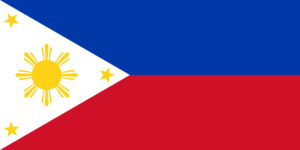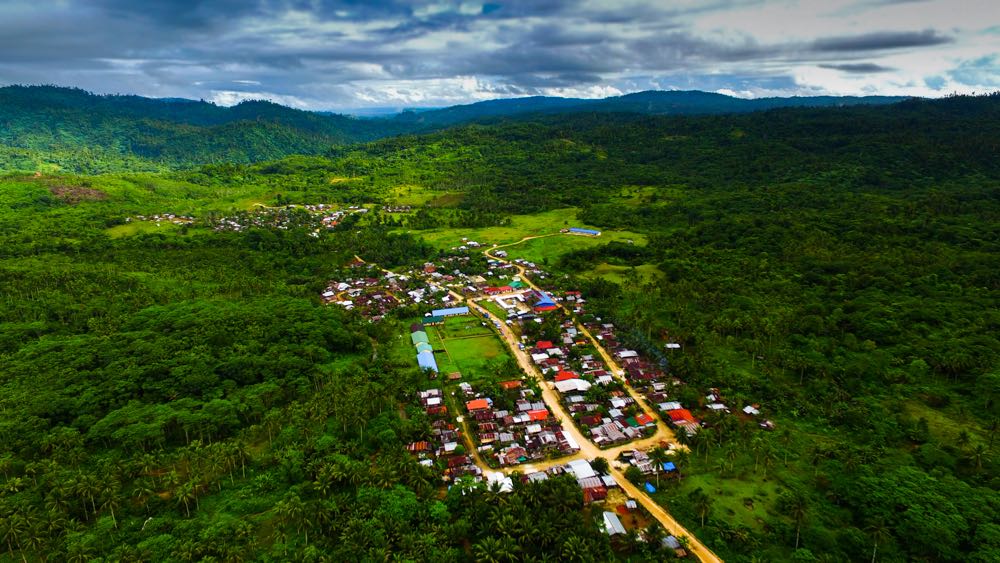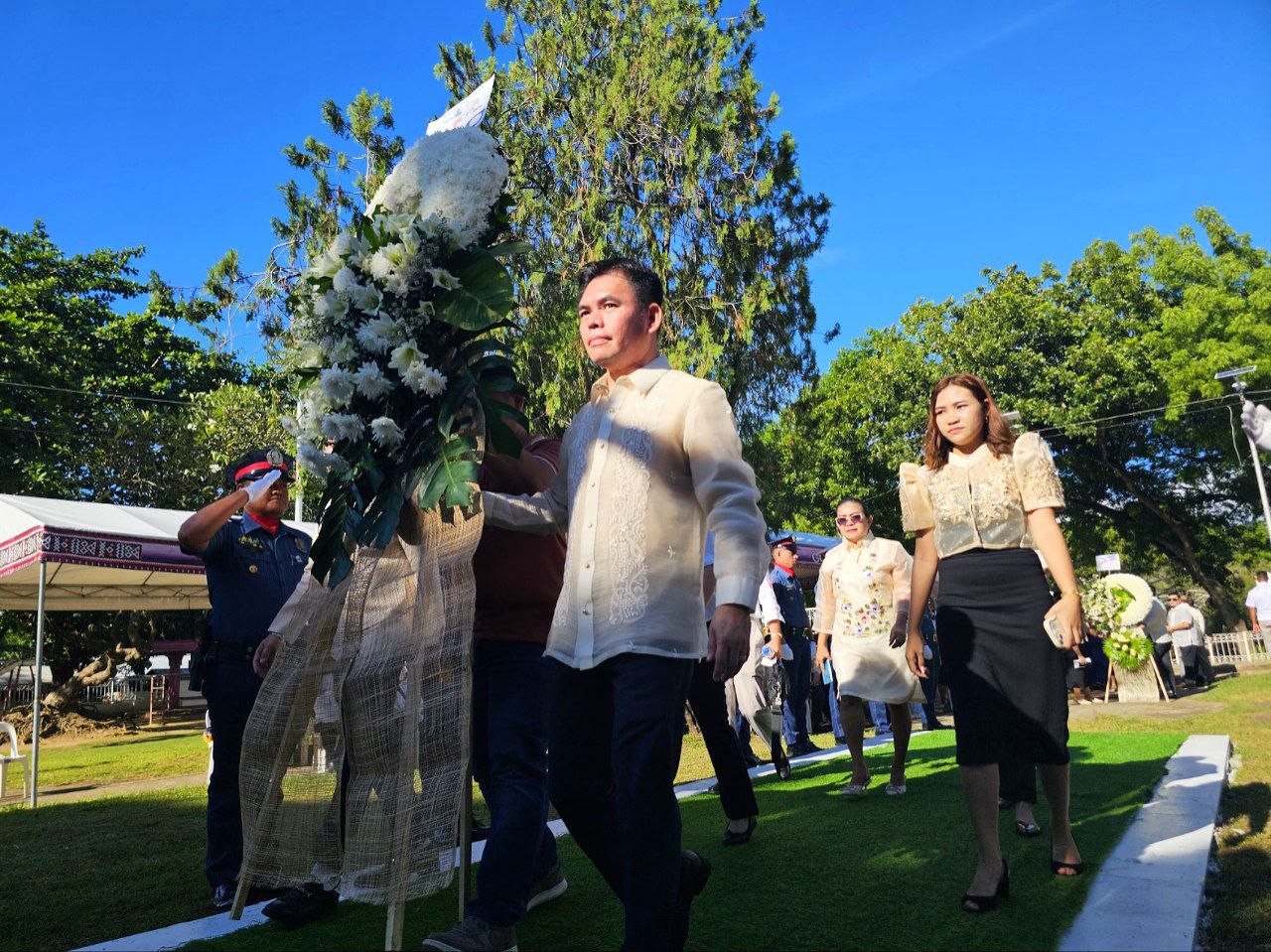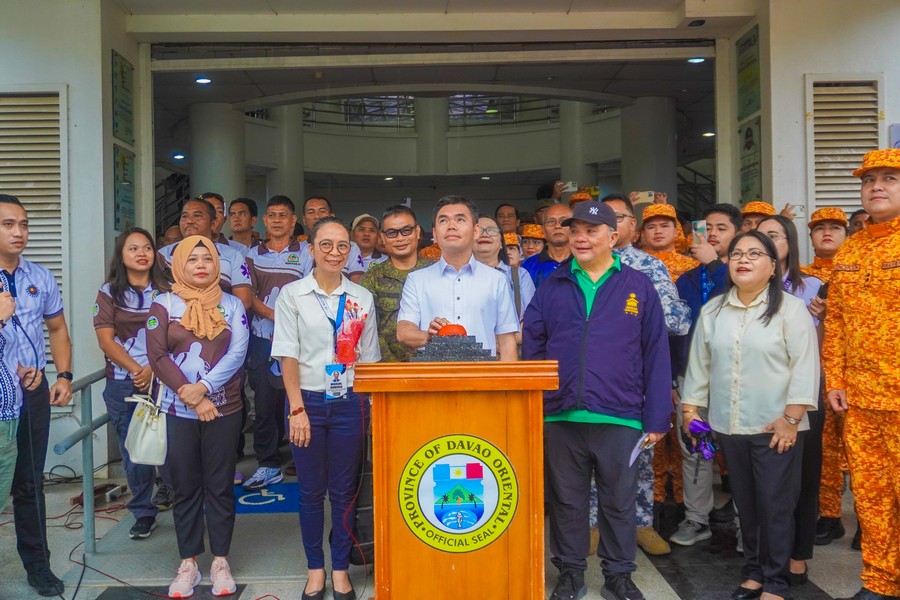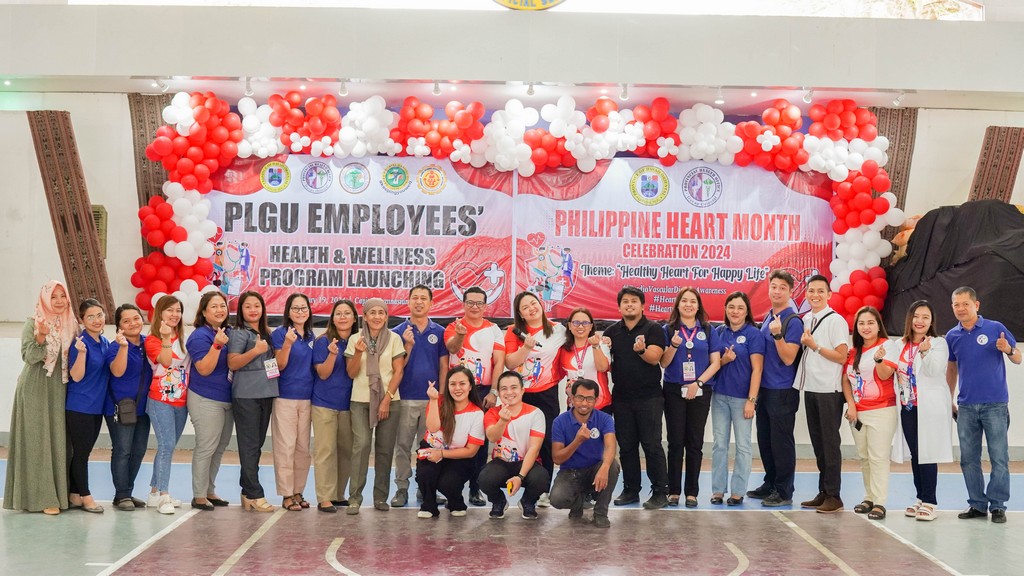Bringing directly the basic services and development projects to the people especially in far-flung villages which are far from vital government and private resources, Governor Nelson Dayanghirang puts a premium on social services to address deep-seated poverty and decades-old problem of insurgency. The provincial government, in collaboration with the Philippine Army and all government agencies, has come up with a more comprehensive program that gives immediate provision of basic services to the people and for pursuing sustainable peace in the province.
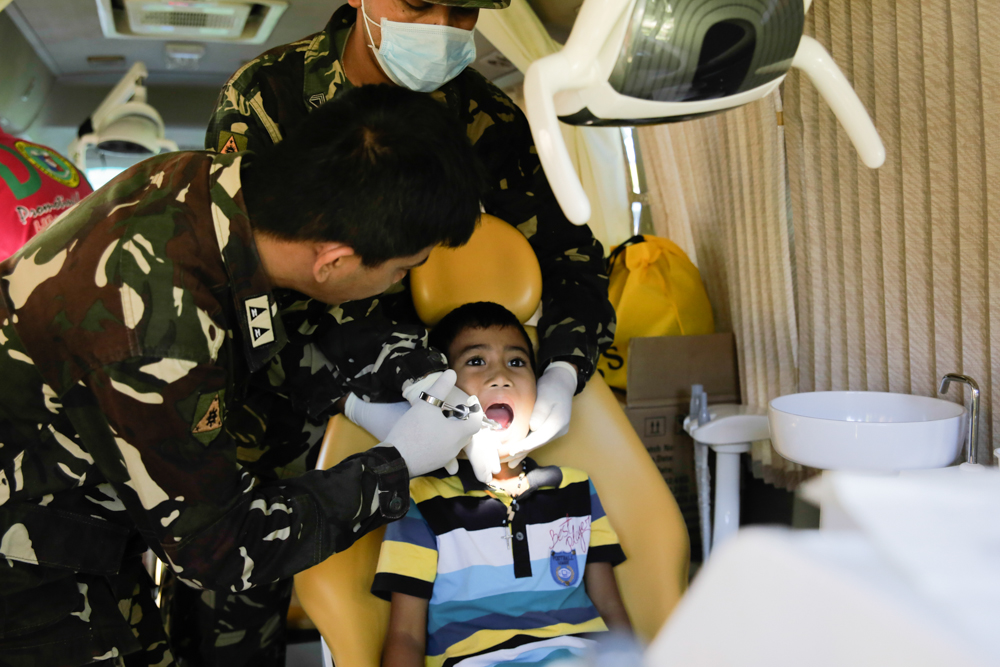
For the past eight months, the Provincial Government’s flagship program called “Nagkakaisang Lingkod-Bayan ng Davao Oriental Barangay Outreach Caravan” has made strides in addressing the communities’ many pressing concerns, especially in terms of access to government services.
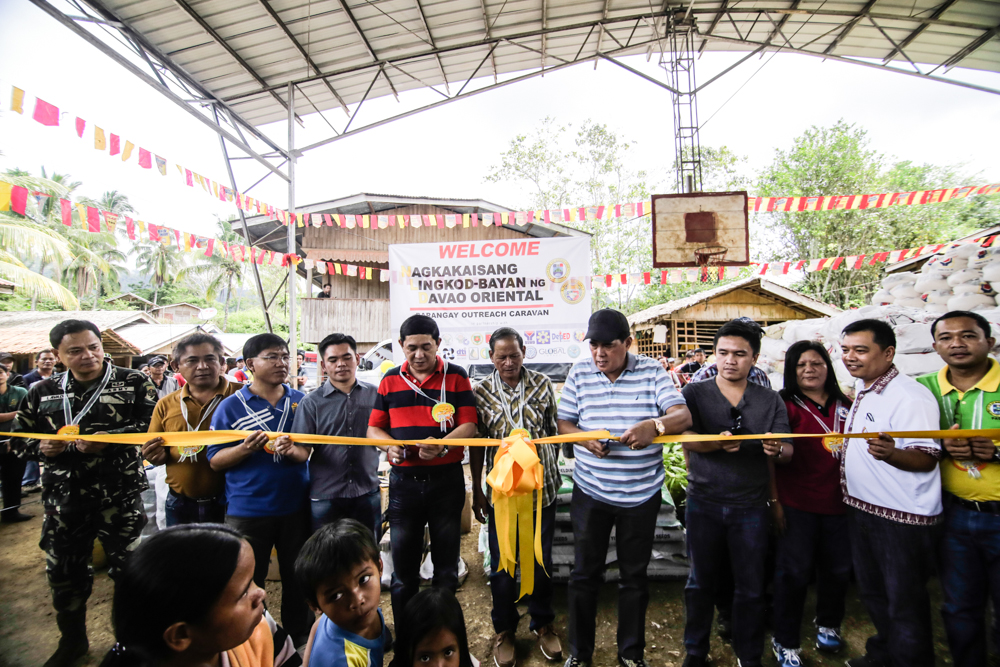
Since it was launched in November last year, 25 caravans have so far been held, reaching out to more than 148,565 beneficiaries in 40 villages across the province.
Banking on the established and broadened partnerships, the program has been pooling resources of 40 offices and agencies from the national, provincial and municipal levels as well as some private companies to bring overwhelming goods and much-needed services closer to the people – especially those who are living in Geographically Isolated and Disadvantaged Areas (GIDAs) wherein the main challenge lies on accessibility.
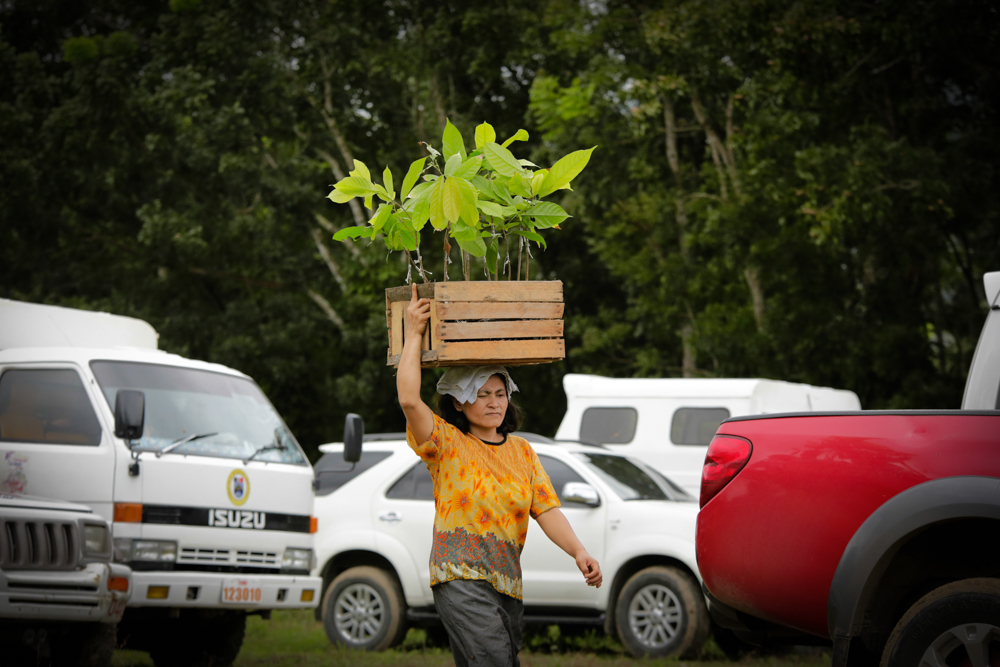
In the caravan, a range of free services are being offered, which include medical and eye checkup, dental services, distribution of food packs and school supplies, provision of seedlings and farming tools, medicines, livelihood assistance, insurance registration, and employment services. Crucial services commonly unavailable in far-flung communities such as consultations and legal aid for farmers and facilitation of the processing of marriage and birth certificates are also being offered, among others.
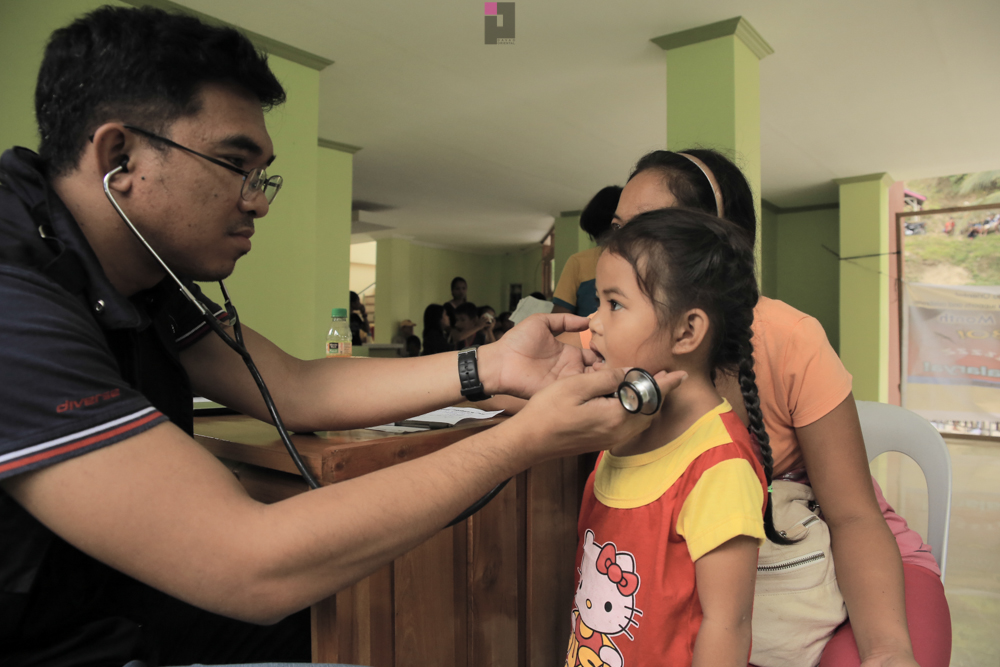
The caravan has now become a perfect venue to hold advocacy campaigns, such as anti-drug abuse, road safety, and environmental protection. It is also gearing communities to be more resilient to disasters caused by climate change through the Disaster Preparedness Campaign and to resist radical influences through an advocacy campaign being piloted here in the province called Prevention and Countering Anti-Violent Extremism.
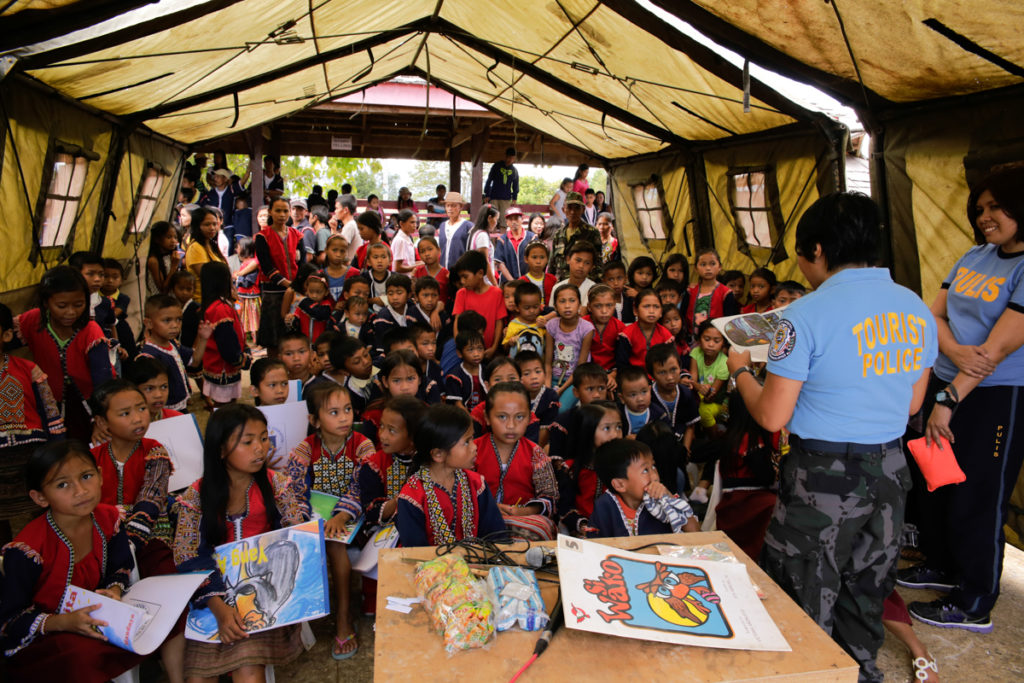
Working closely with the Philippine Army, the Provincial Government is depending on the military to identify priority areas for the caravan through a Needs Assessment Survey, considering they have a firm grasp and understanding of the plight of the people in the hinterlands.
Conceptualized as a way to promote peace and to sustain the gains so far achieved on peace efforts, the program complements the military’s Community Support Program, which is being piloted in the province and is touted to transform conflict-affected areas into thriving and sustainable communities by integrating programs that promote economic growth and address the fundamental issues affecting lasting peace and security.
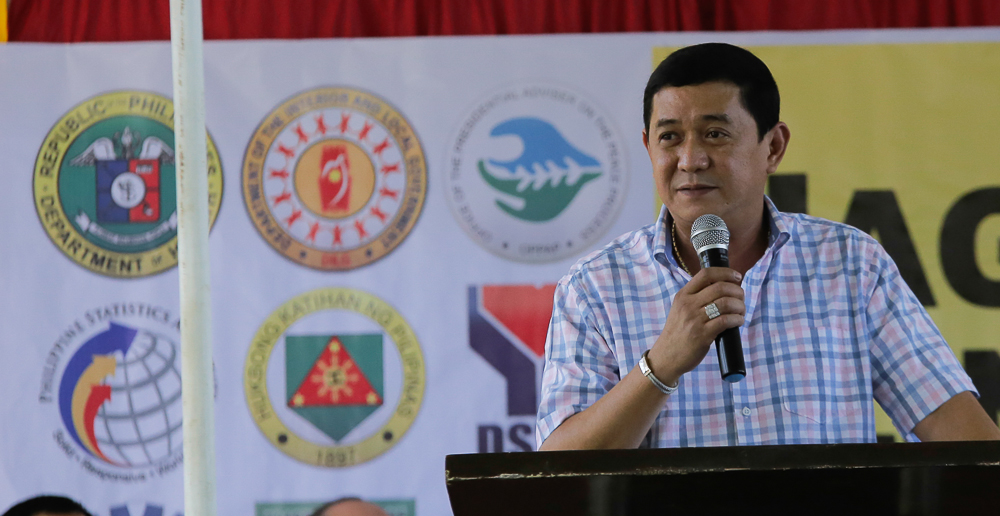
Initiated by Governor Nelson L. Dayanghirang, the outreach caravan aims to make the government’s presence felt by the people. Tailored to meet the most basic needs of the most disadvantaged communities that are seldom reached by the government, the caravan is also an opportunity for the government to explore more avenues of complementation to be able to provide interventions to address the peculiar needs of a community.
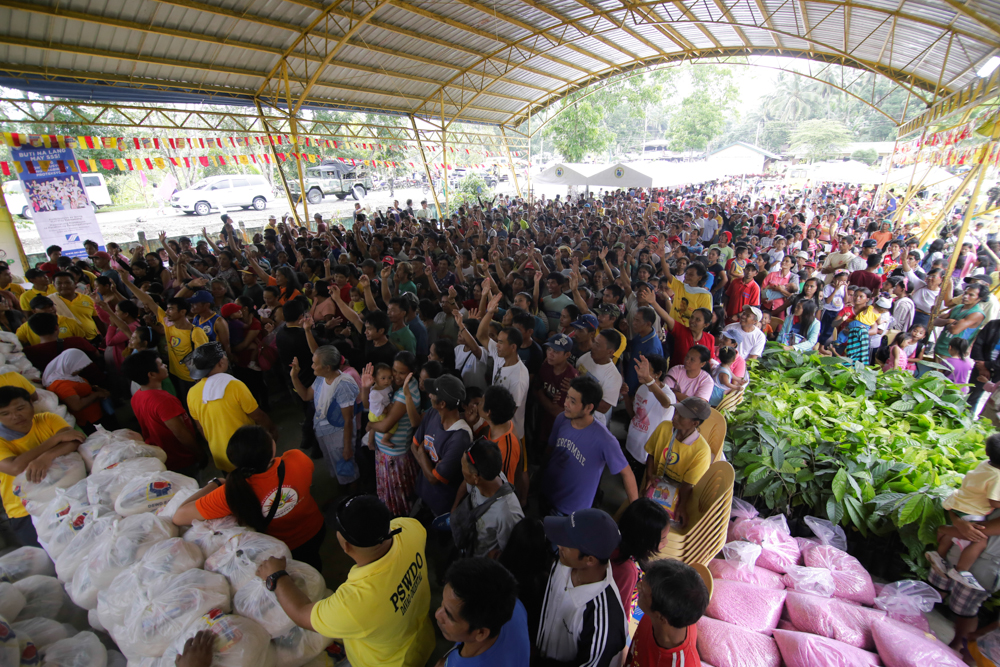
Among the long-term impacts of the program include the development of the Provincial Road Network Development Program, which aims to connect villages and towns. So far, three major alternate roads stretching to a total of 31.4 kilometers, traversing nine villages in the City of Mati and Lupon town, have been started. These road concreting projects are poised to pave way for development in the hinterlands by boosting agricultural productivity and trade, as well as provide alternate routes in times of disasters.
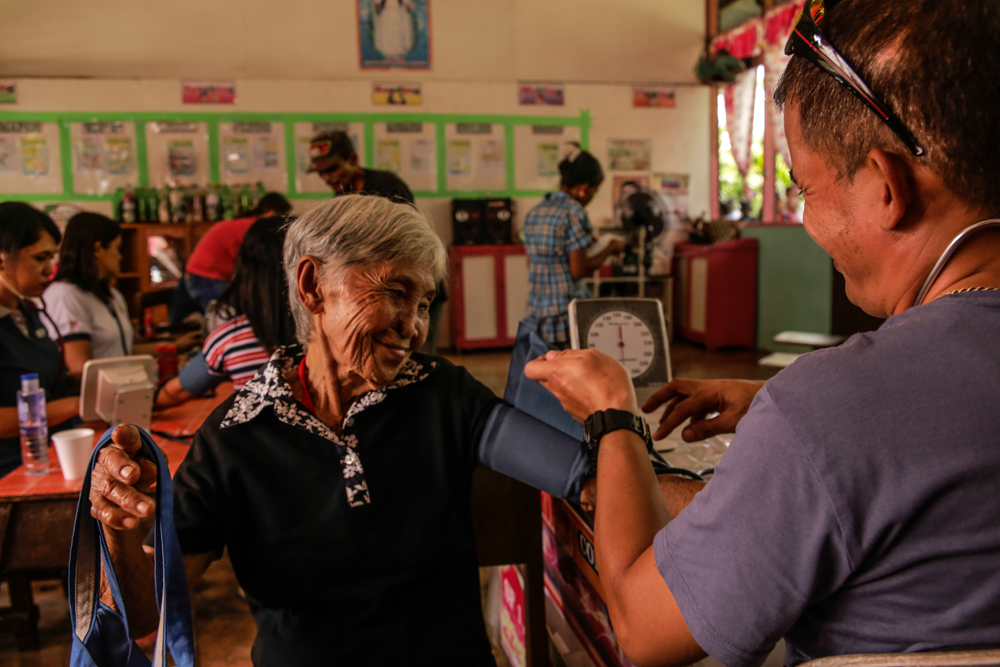
Strategies for inclusive governance are now being incorporated in the Provincial Development and Physical Framework Plan to focus on addressing the needs of the marginalized sector through poverty reduction, conflict resolution leading to growth and sustainable peace. Among these strategies being adopted are the inclusions of the Jama’ah Strategy for the Muslim Community and Ancestral Domain Strategy for the Indigenous Peoples to the overall development plan of the province. Photos by Eden Jhan Licayan
